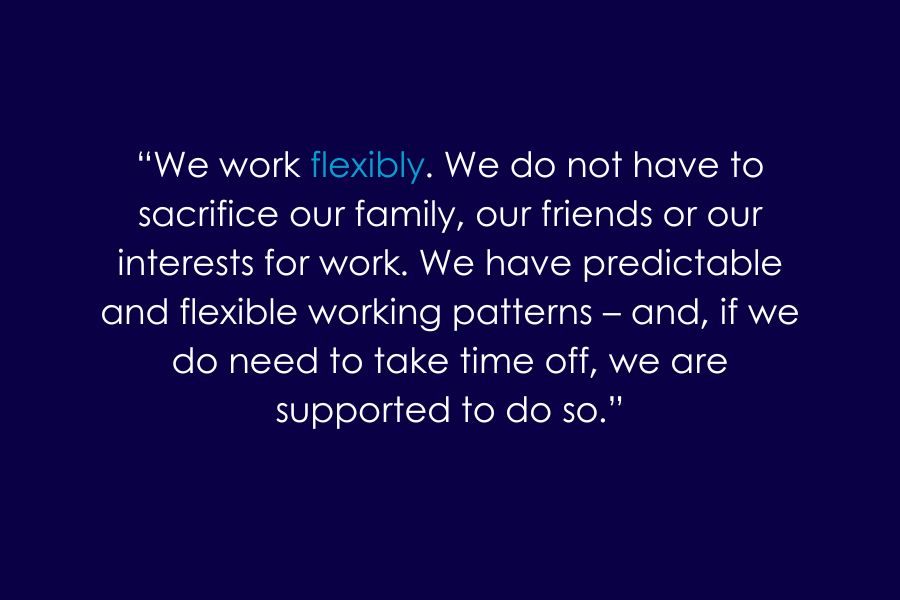18 April 2024
NHS staff have already got enhanced flexible working rights – we need to use them

By Gill Morgan, National Officer, Employment Relations at Royal College of Nursing
On 6 April, new flexible working rights came into force for all workers in the UK. Employees now have the right to request flexible working arrangements from their first day in the job, and can make two requests in a 12 month period. There are also changes to the way requests are handled, with employees no longer having to explain how the proposed arrangement would affect their employer or how it could be dealt with. Employers can no longer reject a request without first consulting with the employee, properly considering the request, suggesting alternatives if the initial request isn’t possible, and only rejecting a request if there is a legitimate reason to do so.
The changes will help workers not employed by the NHS to ‘catch up’ with some of the rights negotiated by the NHS unions and included in NHS terms and conditions since 2021. The unions have led the way on this, in recognition of the huge importance of flexible working to the NHS.
Why flex matters
The NHS desperately needs to attract and retain staff – offering flexibility around when, where and how work is done can open up roles to individuals and groups who would
otherwise be excluded. And it can transform peoples’ experience of doing the job, leading to better engagement and wellbeing, helping people to stay in
their roles.
As the NHS People Promise states: ‘We work flexibly. We do not have to sacrifice our family, our friends or our interests for work. We have predictable and flexible working patterns – and, if we do need to take time off, we are supported to do so.’
Many Trusts have done amazing work to deliver on that promise and are reaping the benefits.
NHS work-life balance is improving in some organisations…..
But it’s not the same picture everywhere. It’s no use having flexible working rights if they’re not being used or not being granted. The latest staff survey results show some movement in the right direction. More than 50% of staff say they achieve a good work-life balance. The overall number of staff who are satisfied with opportunities to work flexibly is at a five-year high, with nurses and midwives among the groups showing some increases in satisfaction. However, this satisfaction is not consistent, and although there is an increase, it is still not enough. Too many NHS staff still describe poor practices in their workplaces with arbitrary local rules about who can and can’t be allowed to work flexibly, and denial of promotion opportunities to anyone who cannot work full-time hours.
On 13 March 2024, NHS England published a proposed policy framework for all NHS employers in England to follow. The key message in this framework is that employers should put more support and work into developing positive flexible working opportunities for all NHS staff, no matter their role, their pay band or the number of hours they can work.
The figures show that the NHS can make flex work across all roles and pay bands – including for those in clinical posts as well as those in managerial and leadership roles. And they are backed up by hundreds of great case studies and positive examples from Trusts and teams around the country who are committed to delivering the people promise. You can read some of them here: https://talkaboutflex.org/links-and-resources/#case-studies
There are many different types of flexible working – the chances are you’ll be able to find one that works for you and your team. The key is to start the conversation, keep an open mind, and explore the possibilities.
